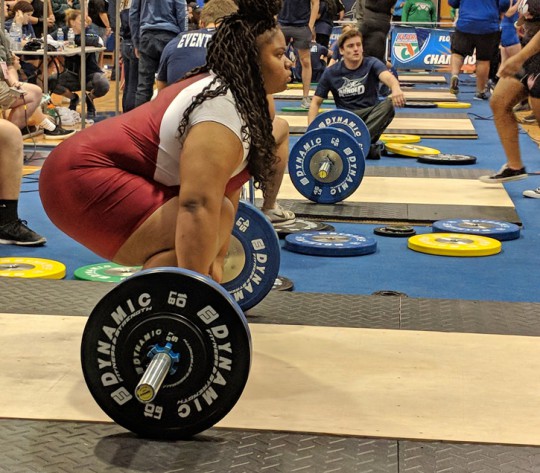


Feminist points are made about the sacrifices women make for men, but never in unsubtle fashion – Walter is too nuanced a writer for that.Winner of the Victor Turner Prize for Ethnographic Writing 2017 Journeying around the globe, through past and present, Emma Tarlo unravels the intriguing story of human hair and what it tells us about ourselves and society. And in the present, Laura realises that the repercussions of her youthful idealism and misplaced love will be fateful indeed.Įschewing the apparatus of an espionage narrative, Walter (inset) concentrates on the conflicts within her heroine – and it is in the characterisation of the multifaceted Laura that the novel really sings. She fell in love with a man she met at a party – charismatic, in both of her contrasting worlds.īut the incendiary areas of trust and betrayal he led her into changed her life irrevocably, as she moved from Washington in the grip of McCarthyism to the apparent tranquillity of the English countryside. When Laura arrived in London in 1939, she became involved with Communist cells and found herself buffeted between her upper-crust English associates and those seeking to overhaul British society via a radical new order. Walter’s heroine has to deal with something on a far grander scale than the petty perfidies of the war between the sexes. Outwardly, she is an unexceptional middle-class woman, with no hint of the dark secret she is harbouring.

Our protagonist, Laura Leverett, is living a ghostlike existence in Geneva with her daughter, attempting to come to terms with the disappearance of her duplicitous husband in 1951. For Walter, the most stimulating aspect of the story is not so much the tensions of the Cold War, but addressed the battles that women have fought (and still fight) for equality, but this is an era when such battles were nascent, and her heroine has to deal with something on a far grander scale than the petty perfidies of the war between the sexes. The novel is inspired by the life of Melinda Marling, the American-born wife of Cambridge spy Donald Maclean, but it inhabits a different universe from that of such writers as John le Carré. But just how successful is this change of gears? Those expecting such fare will be in for a surprise – if there is one genre A Quiet Life moves in, it’s the very different territory of the espionage novel, with its attendant betrayals. What would you expect of the first novel by the feminist writer Natasha Walter? Surely the author of such books as Living Dolls: The Return of Sexism and The New Feminism might reasonably be expected to grind a few ideological axes in her fiction debut? A 21st-century take, perhaps, on Marilyn French’s The Women’s Room? A Quiet Life, by Natasha Walter The Borough Press, £14.99


 0 kommentar(er)
0 kommentar(er)
